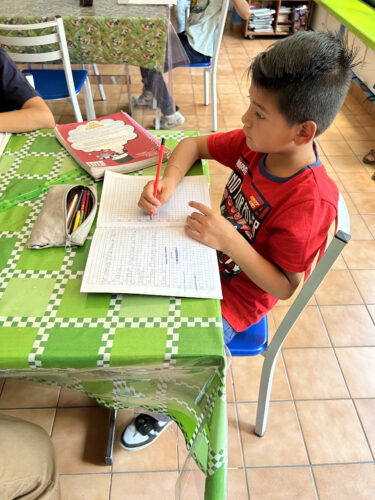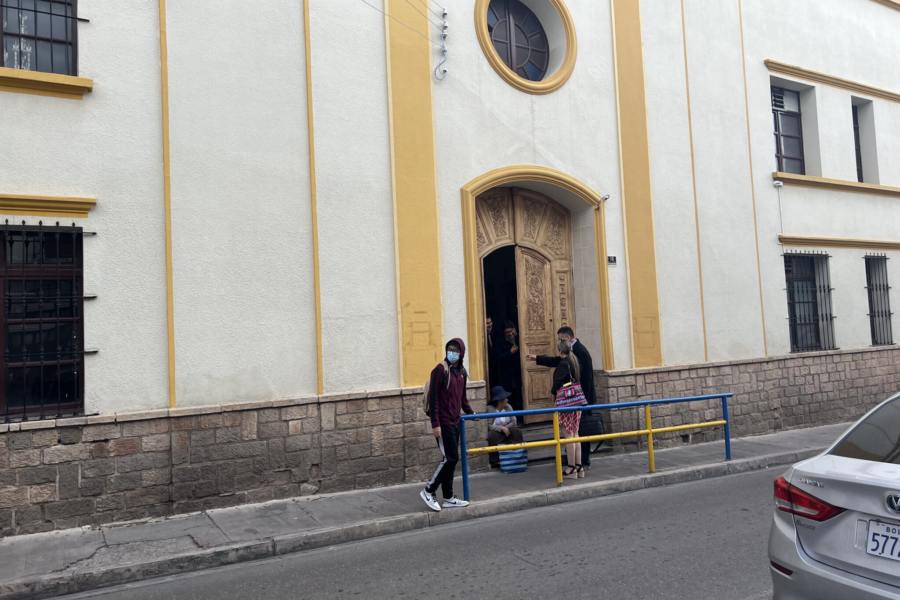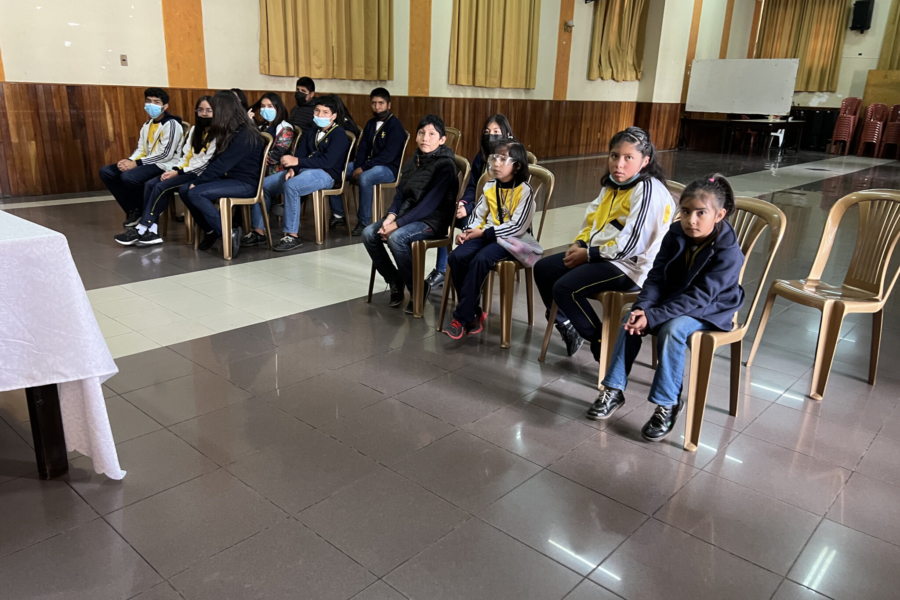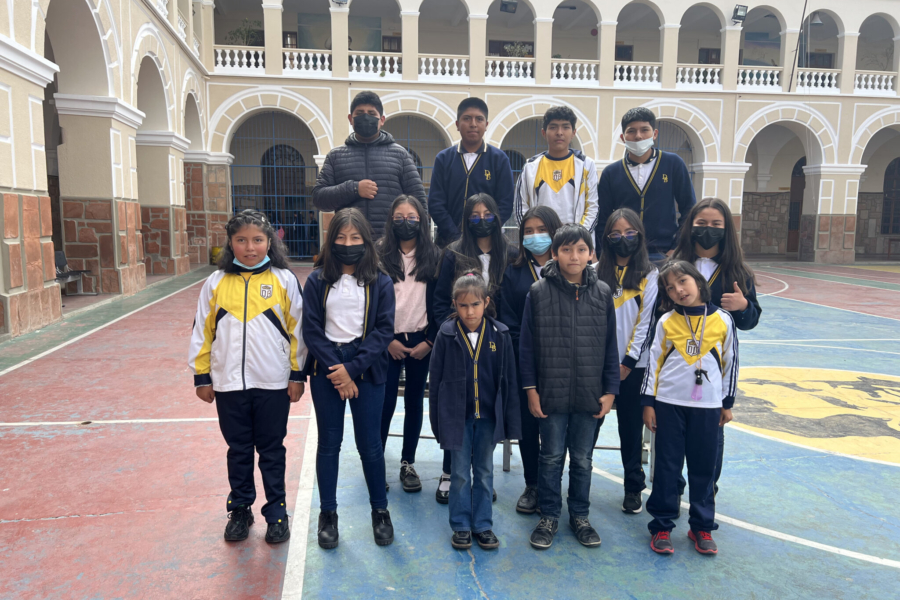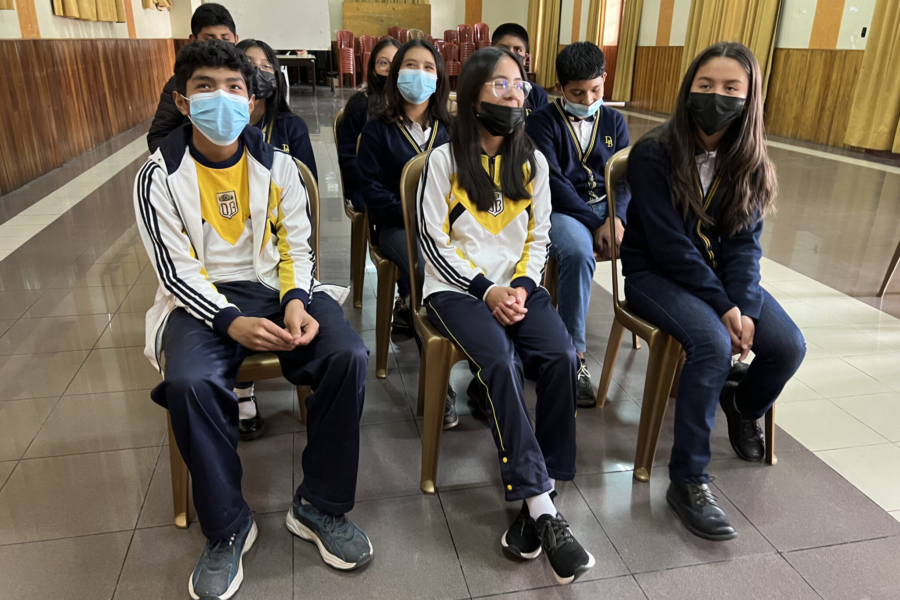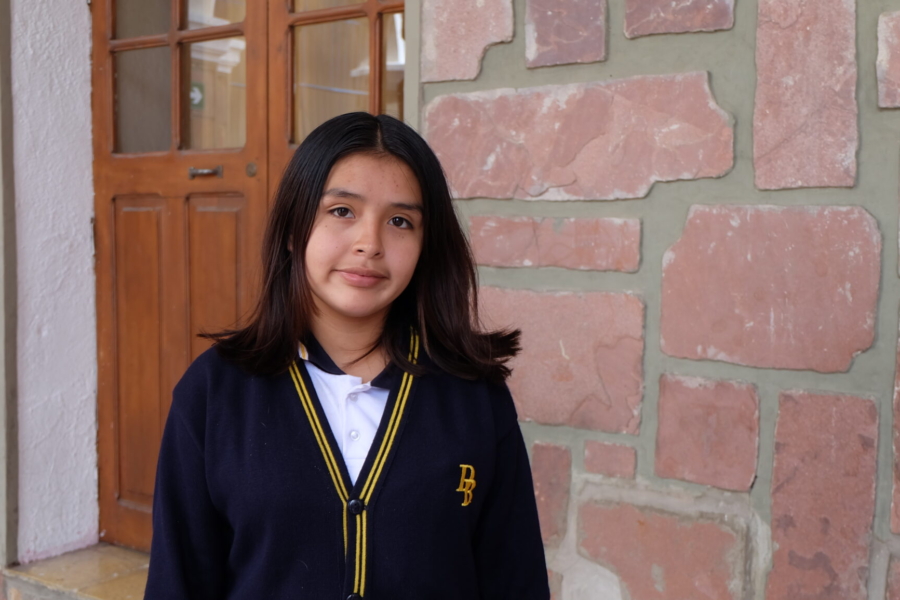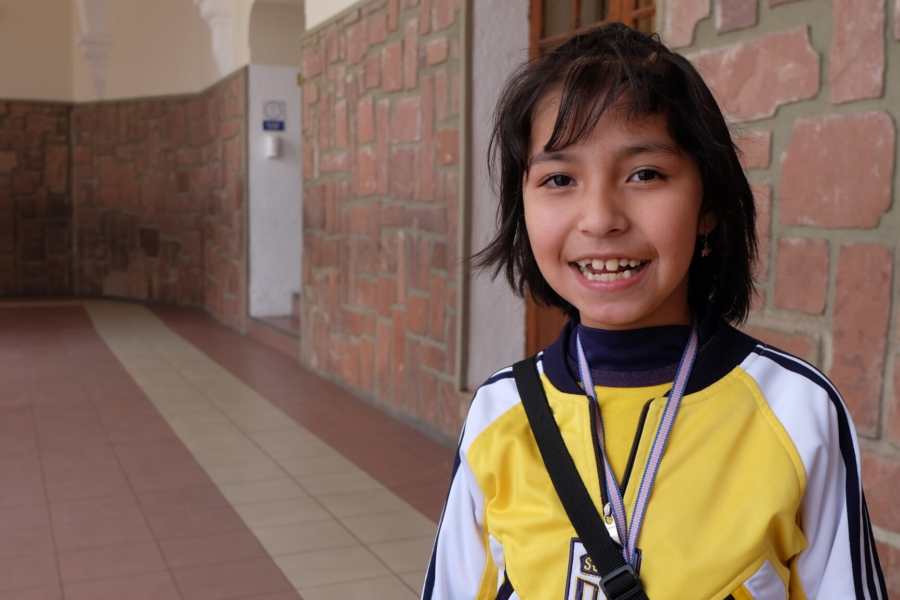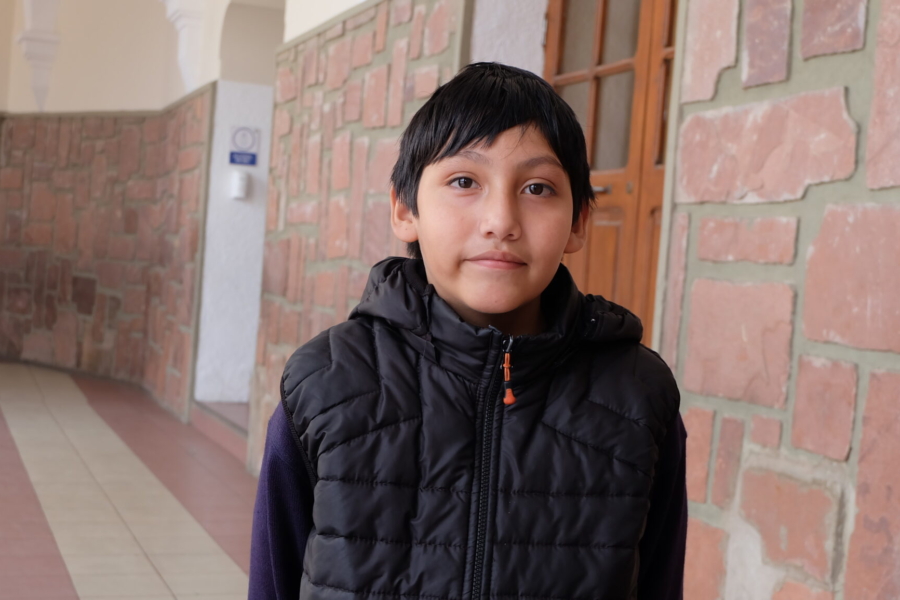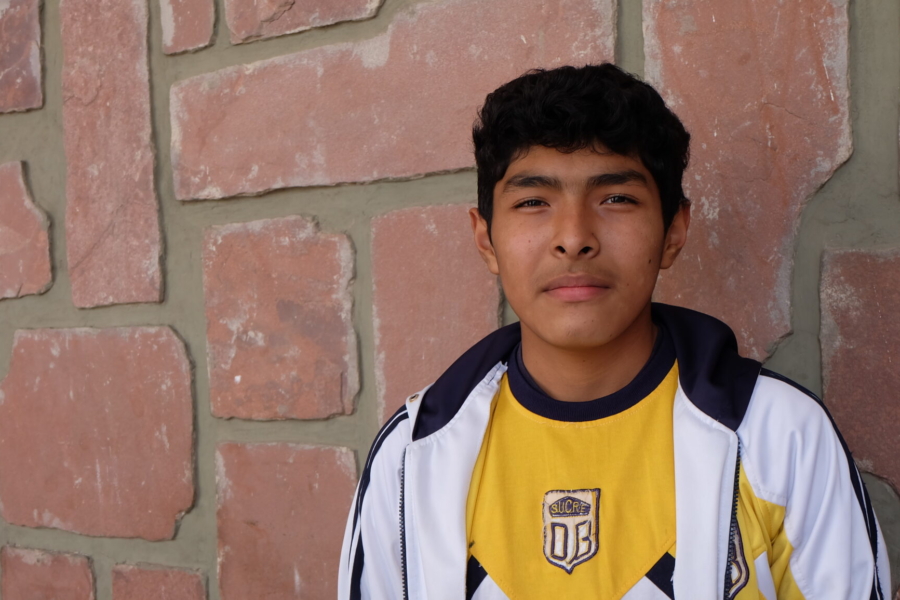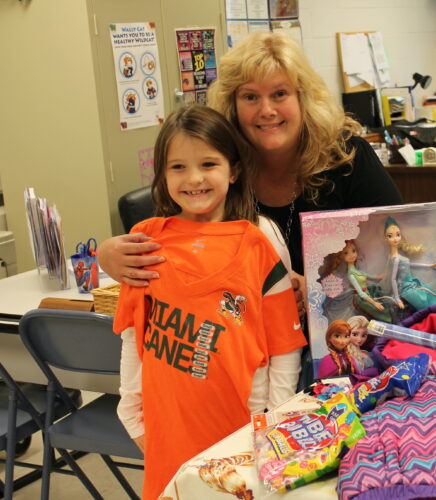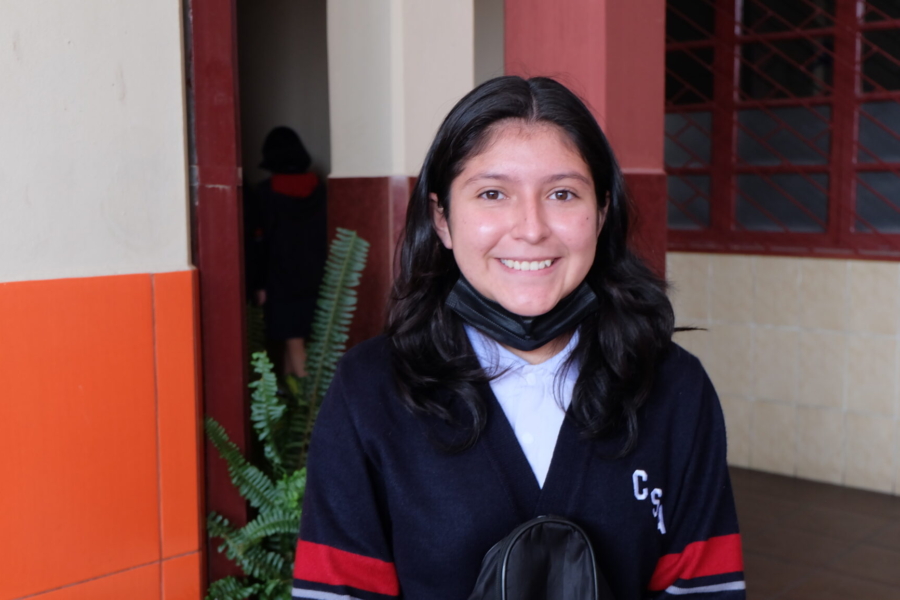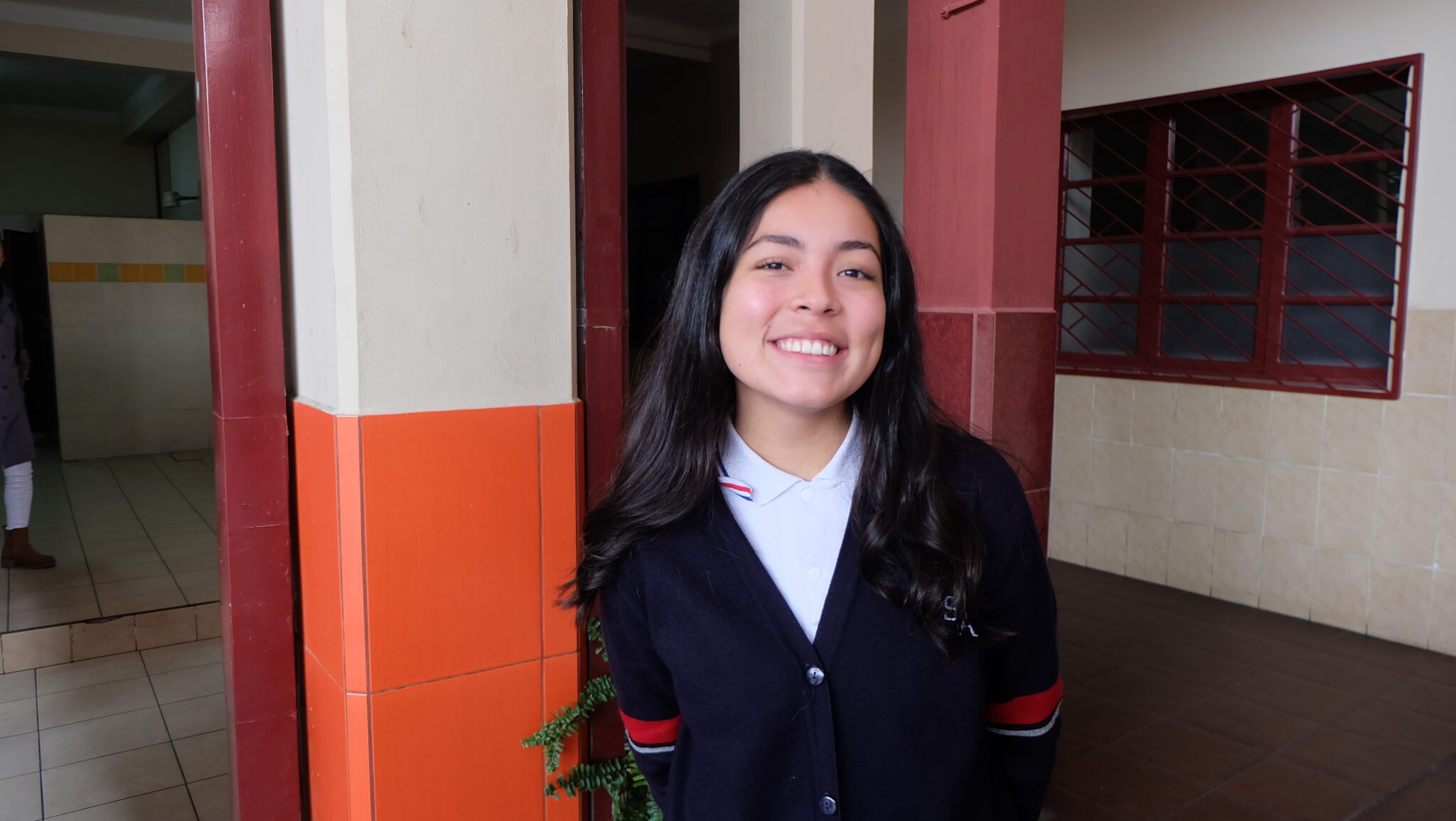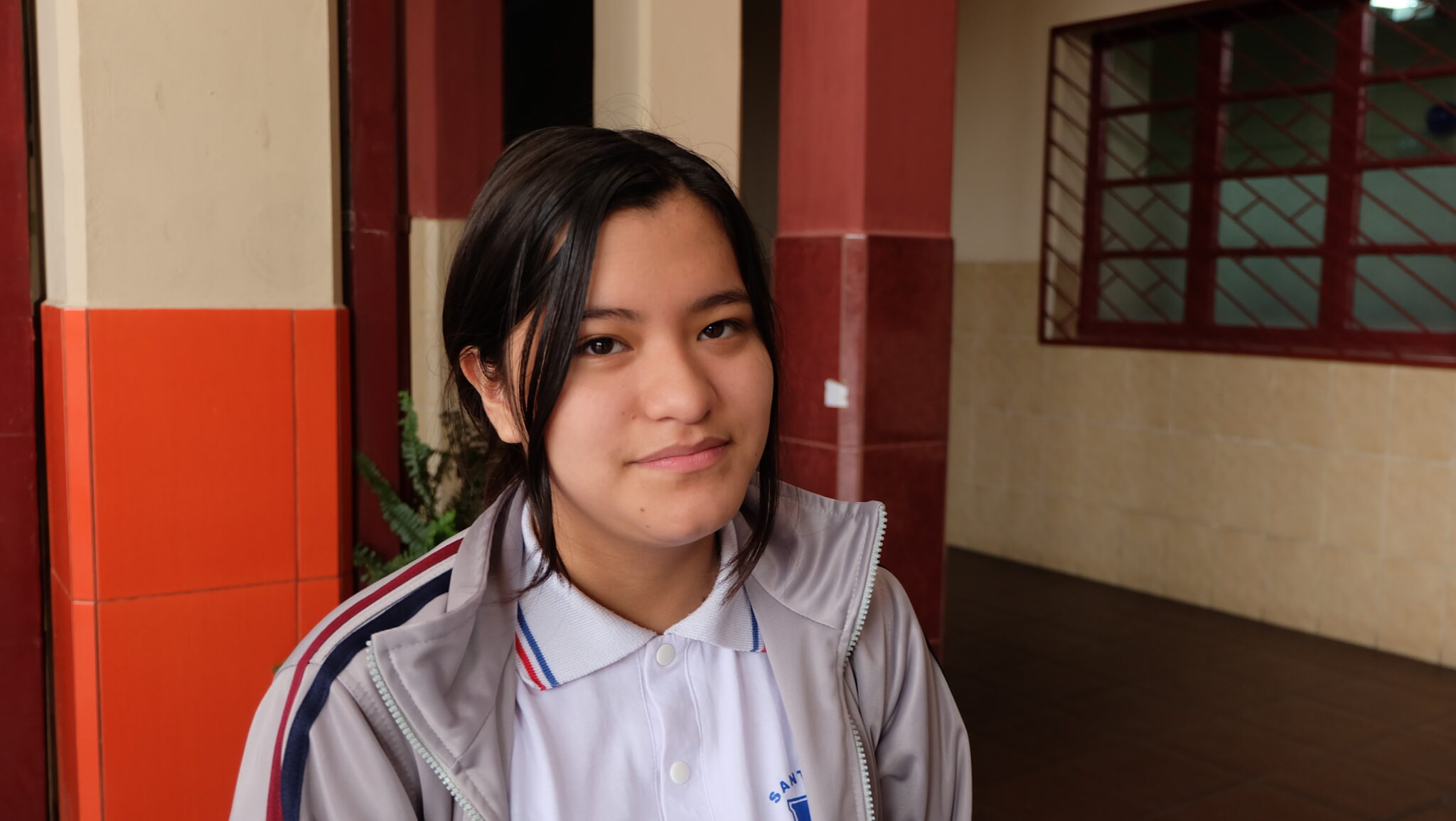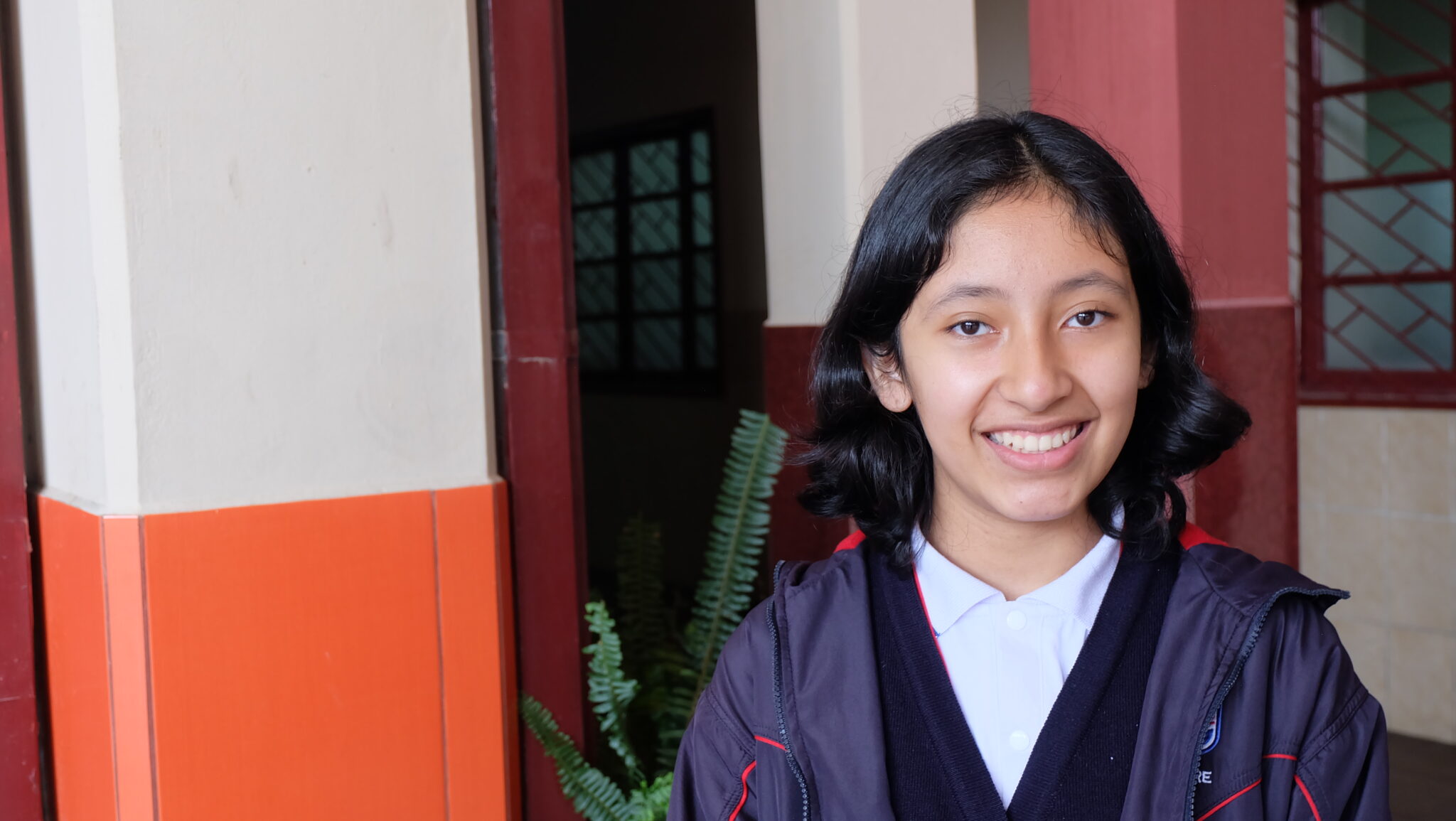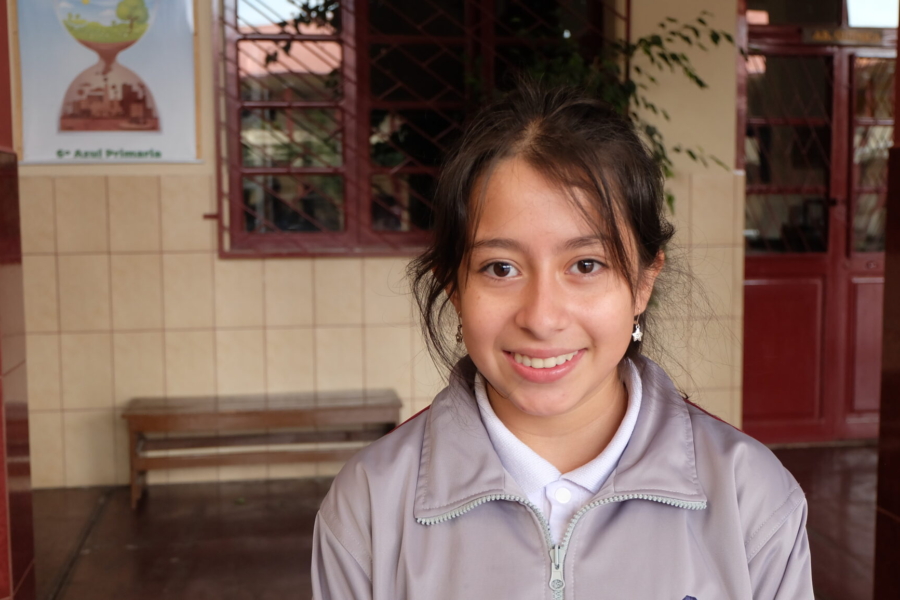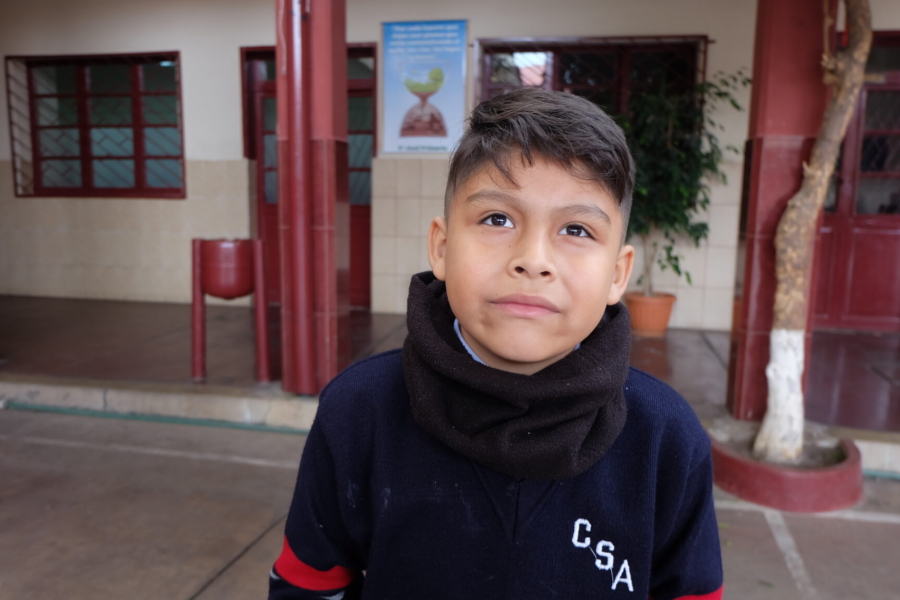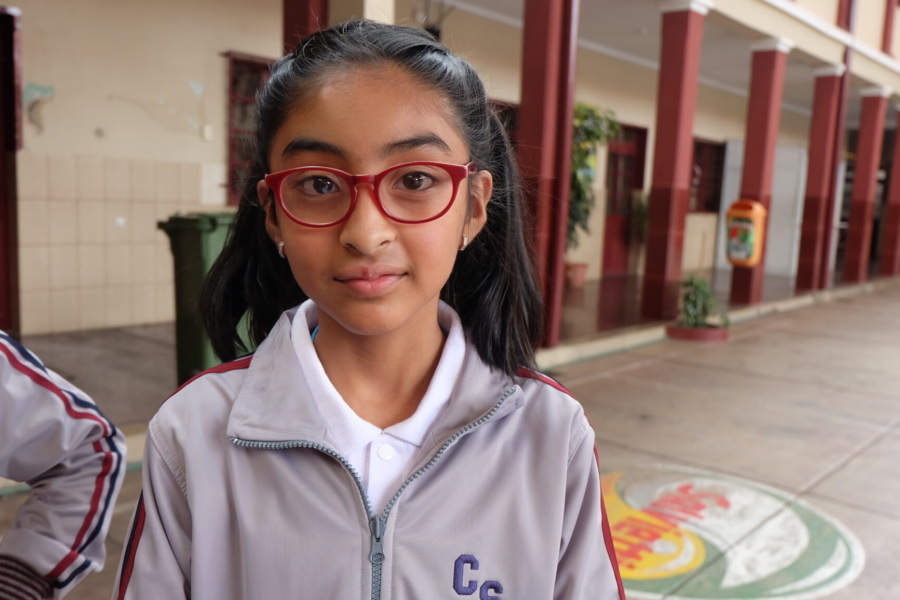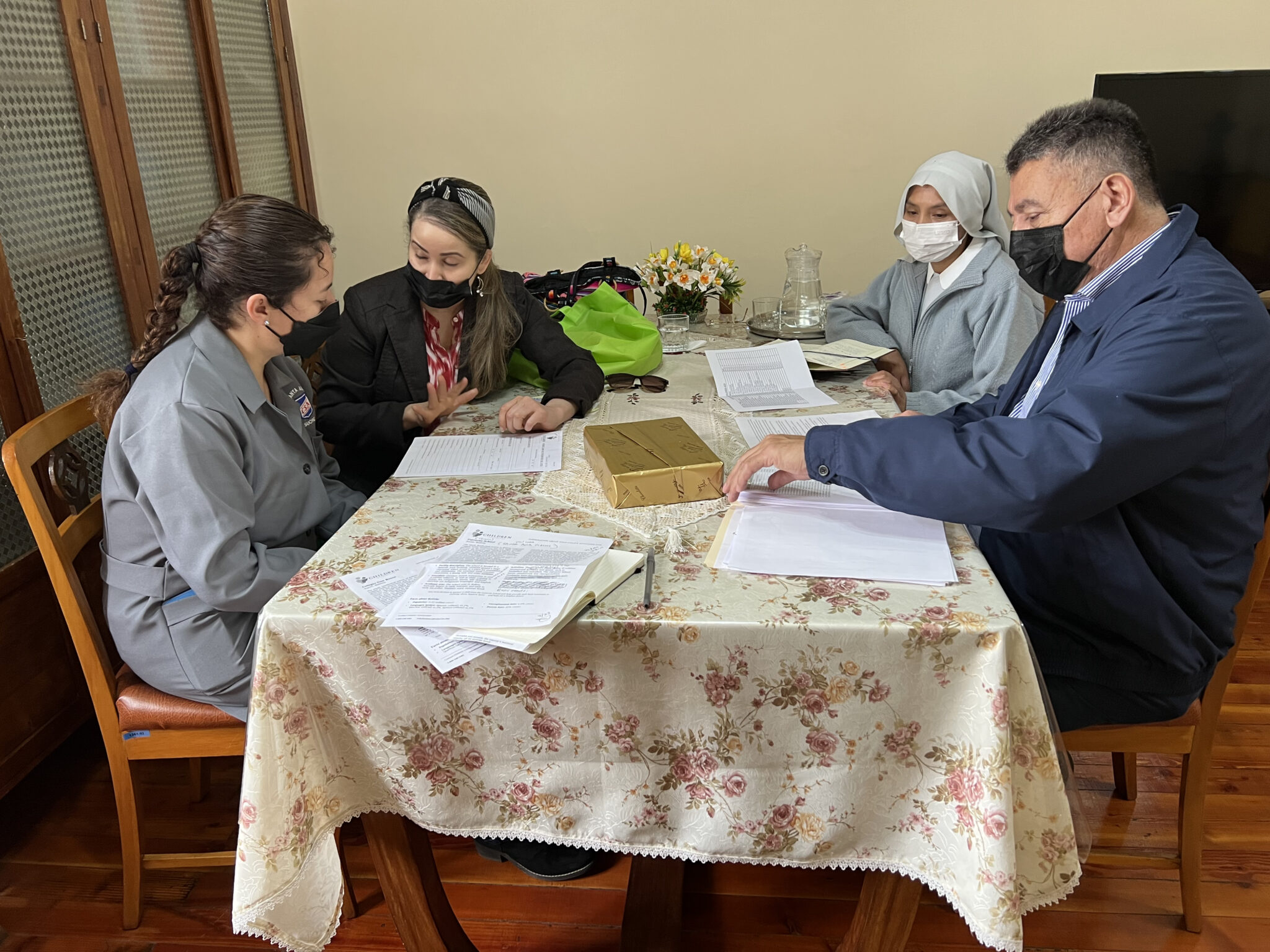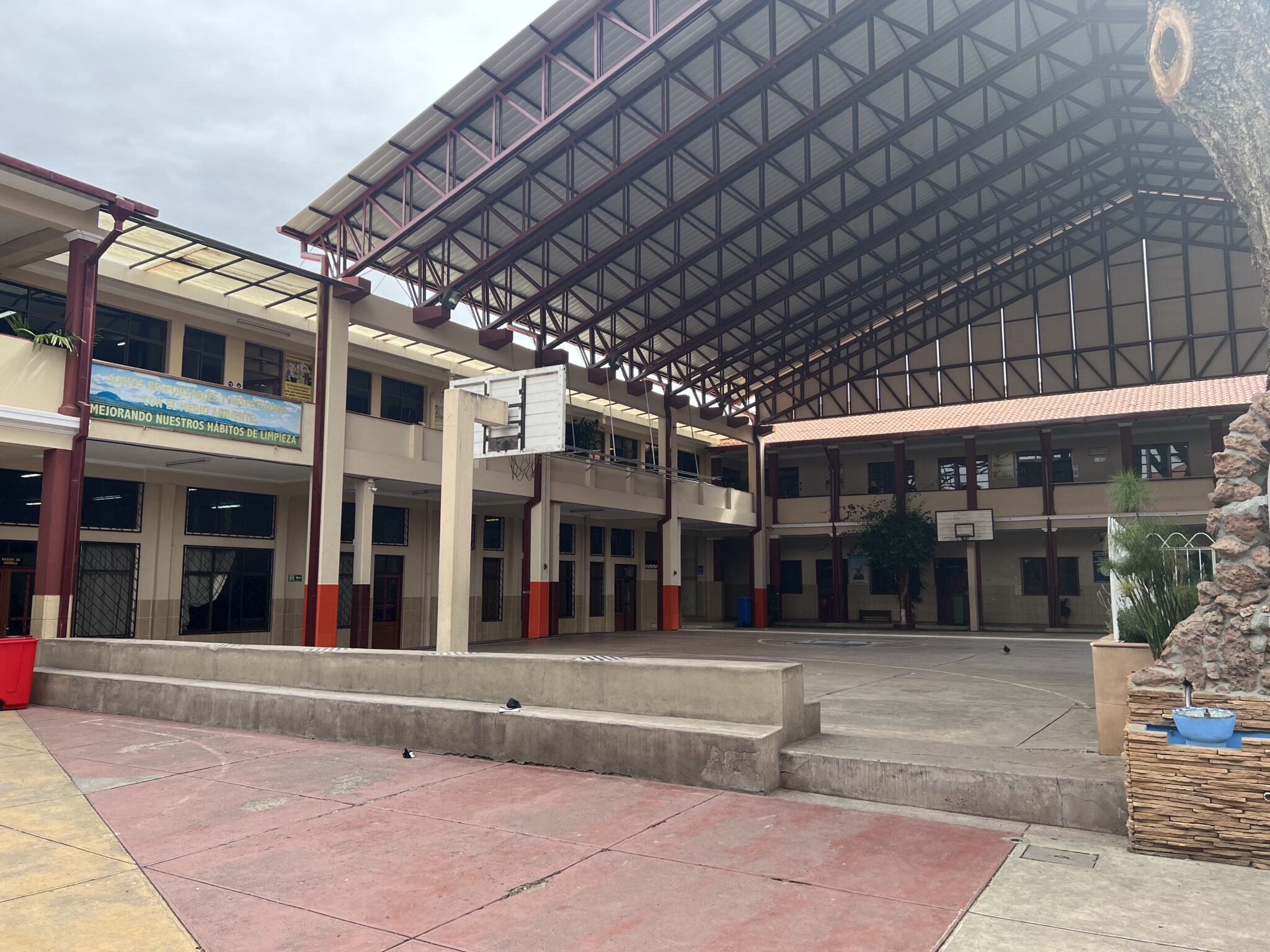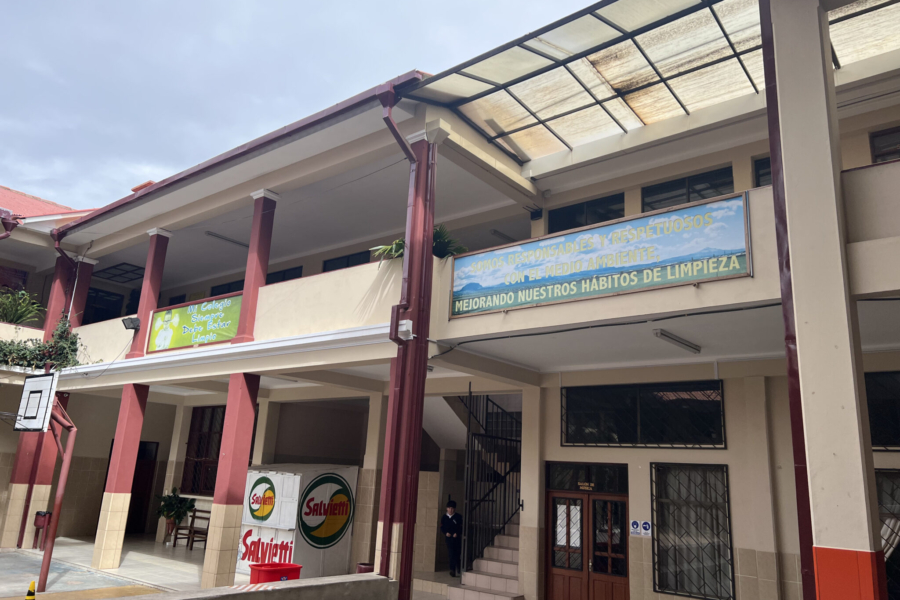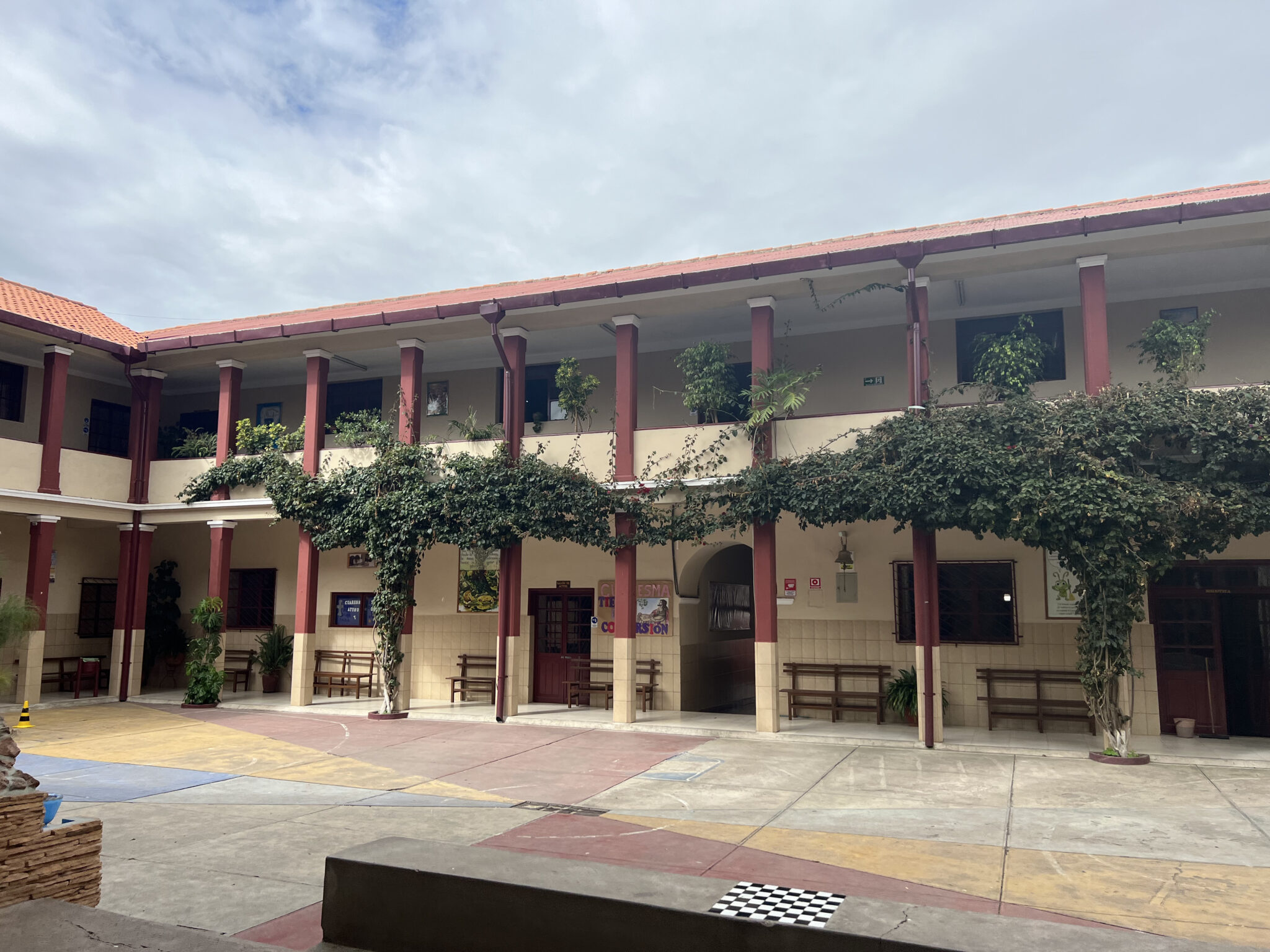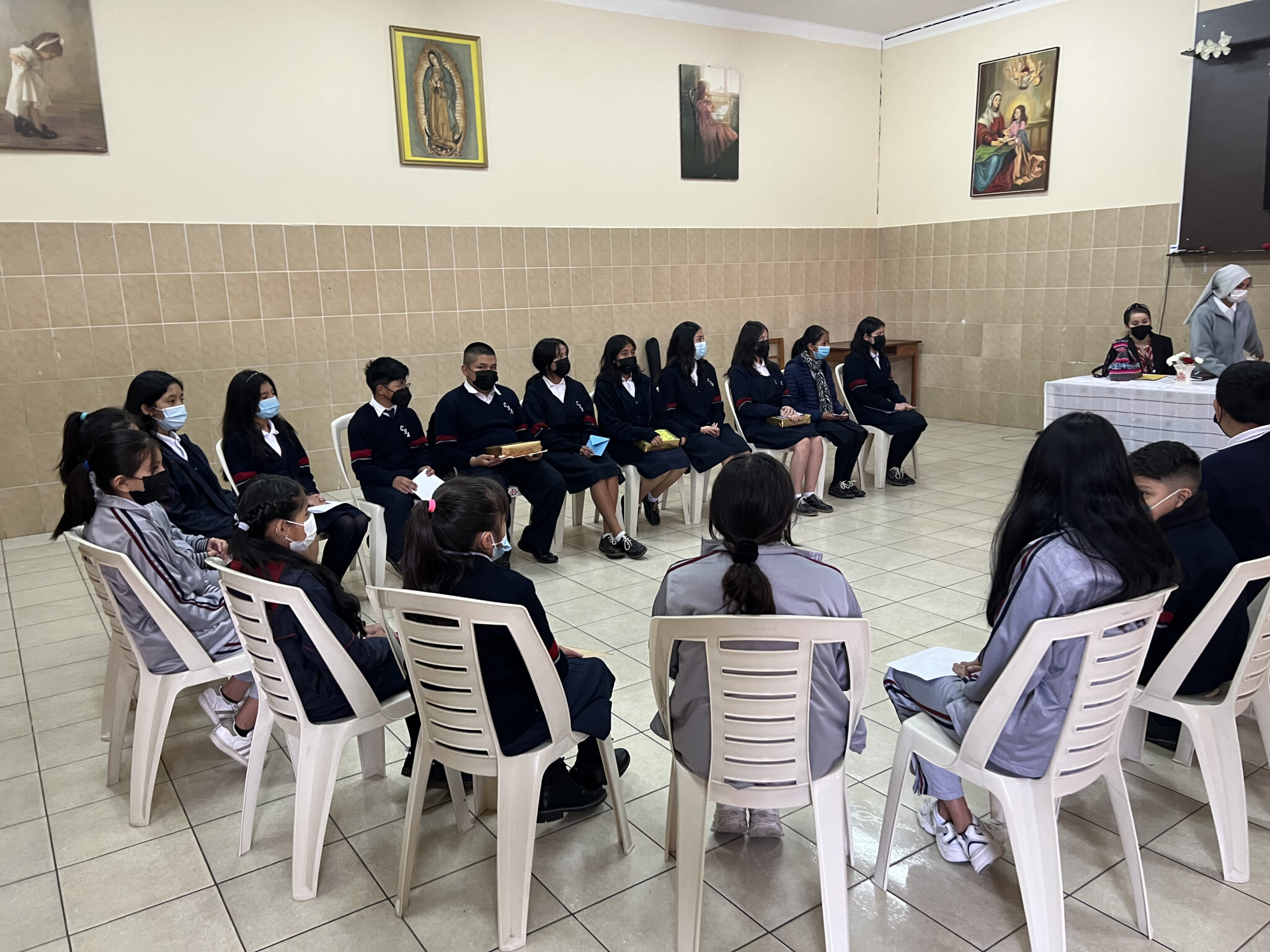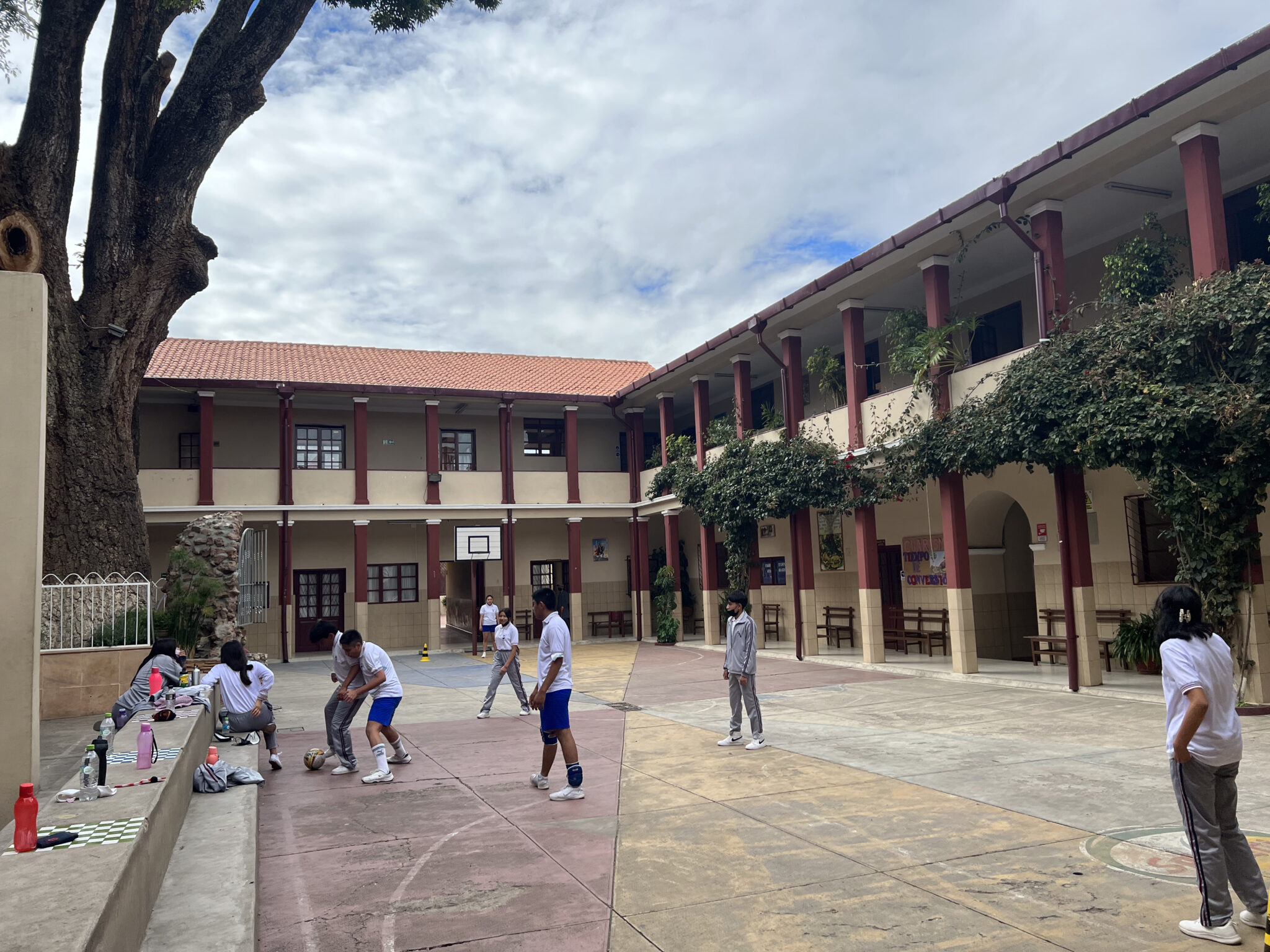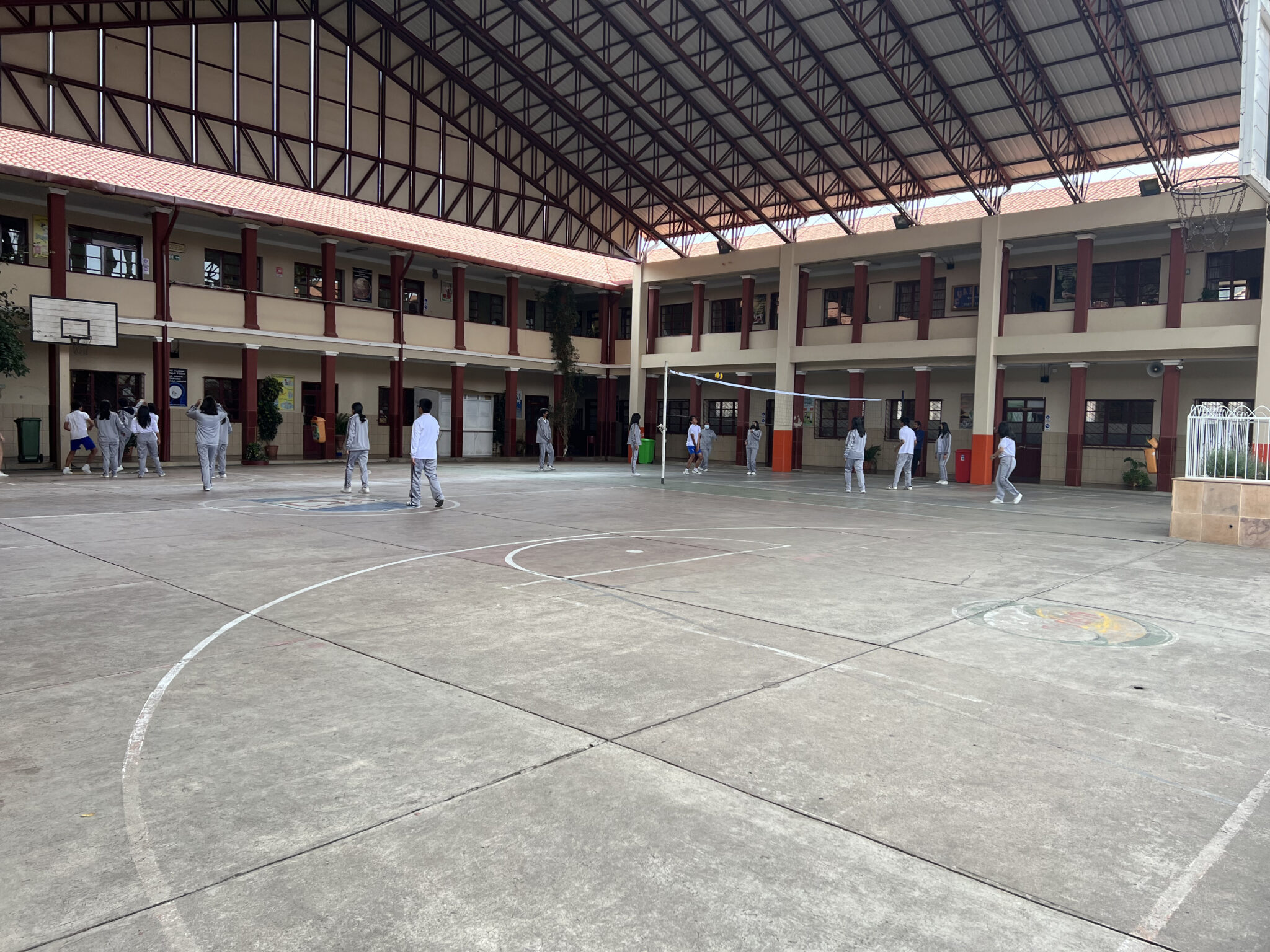We talk about our Hope In Action Fund a lot — and for good reason. This special fund, which provides for children and families in emergency situations, when natural disasters strike, and due to extreme hardship, allows our volunteer coordinators to support their communities beyond what sponsorship provides.
Thank you for all you have provided to children in need this year through our Hope In Action Fund. We couldn’t do our life-changing work without you.
As we get closer to the end of 2023, we would like to share with you, our amazing donors, just some of the many ways your donations to Hope In Action have helped this year, from the rural areas of Eastern Kentucky to our affiliated sites in the Philippines.
Hope in Action Internationally
Just in this past year, donations to Hope In Action have:
- Provided funds for the purchase of projection screens for ten school classrooms
at the La Immaculada School in Bolivia - Provided funds to purchase new summer uniforms for children at the Armenian
Evangelical Secondary School — Anjar in Lebanon - Provided funds to support heart surgery for a sponsored child in the Philippines
who has been diagnosed with cardiovascular disease - Provided funds to purchase eyeglasses for sponsored children at the Santa Rosa
School in Bolivia - Provided funds to purchase band equipment for students at the Santa Rosa
School in Bolivia - Provided funds to purchase shoes for children at the Escuela Santa Lisa in
El Salvador - Provided funds to repair the study room used by students at the La Recoleccion
School in Nicaragua - Provided funds to repair the refrigeration room in the kitchen at the La Luz Home
in Mexico which provides daily meals to our sponsored children who live in the home
Hope in Action in the United States
Just this past year, donations to Hope In Action have:
- Provided reading books and arts and crafts supplies for children in the dorms at the
Mariano Lake Community School in New Mexico - Provided materials and supplies for a clothes closet, field day, and field trips
for students at Broad Rock Elementary School in Virginia - Provided mattresses, food and clothing for a child who had been relocated to the Children
Incorporated affiliated school, East Valley Elementary in Kentucky, and was in need of
emergency support - Provided funds to purchase backpacks and school supplies for the annual back to school
bash at Martha Jane Potter Elementary School in Kentucky - Provided emergency support after a house fire for a family at Menifee Central Elementary
School in Kentucky
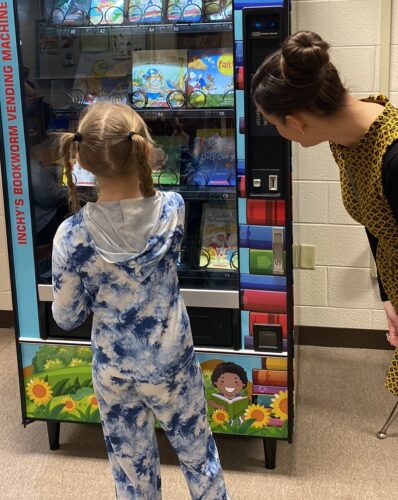
Hope In Action donations allowed us to fill a vending machine full of free books for kids in Kentucky.
Additionally, just in the U.S, alone, your support has:
- Provided funds to help a sponsored child at
Lewis County Middle School in Kentucky
participate in a state-wide athletic competition - Provided funds to buy shoes, backpacks,
and school supplies for students at Gouge
Elementary School in North Carolina - Provided funds for a Summer and Arts Camp
at Belfry Middle School in Kentucky - Provided funds for students at Sparta Middle
School in North Carolina to visit an interactive
children’s museum and zoo - Provide disaster relief funds for two children
enrolled in our program at Menifee Central
Elementary School in Kentucky after their house
caught on fire - Provided funds for students at Perry Central High School
in Kentucky to attend a cheerleading camp
And, you have also:
- Provided funds to purchase materials, supplies and food for a Family Literacy
Initiative at Flat Gap Elementary School in Kentucky - Provided beds, bedding, pillows, blankets, and journals to children in need at Menifee Central
Elementary School in Kentucky - Provide funds to stock the Family Resource Center with nutritious snacks at
Herald Whitaker Middle School in Kentucky - Provided funds to purchase clothes and shoes for the Youth Services Center at Phelps High School
in Kentucky - Provided three new books each to all children at Catlettsburg Elementary School in Kentucky
- Provided funds to improve health and sanitation by providing water bottles to students at
Salyersville Grade School in Kentucky when the school added refillable water bottle stations
***
How do I sponsor a child with Children Incorporated?
You can sponsor a child in one of three ways: call our office at 1-800-538-5381 and speak with one of our staff members; email us at sponsorship@children-inc.org; or go online to our sponsorship portal, create an account, and search for a child that is available for sponsorship.

